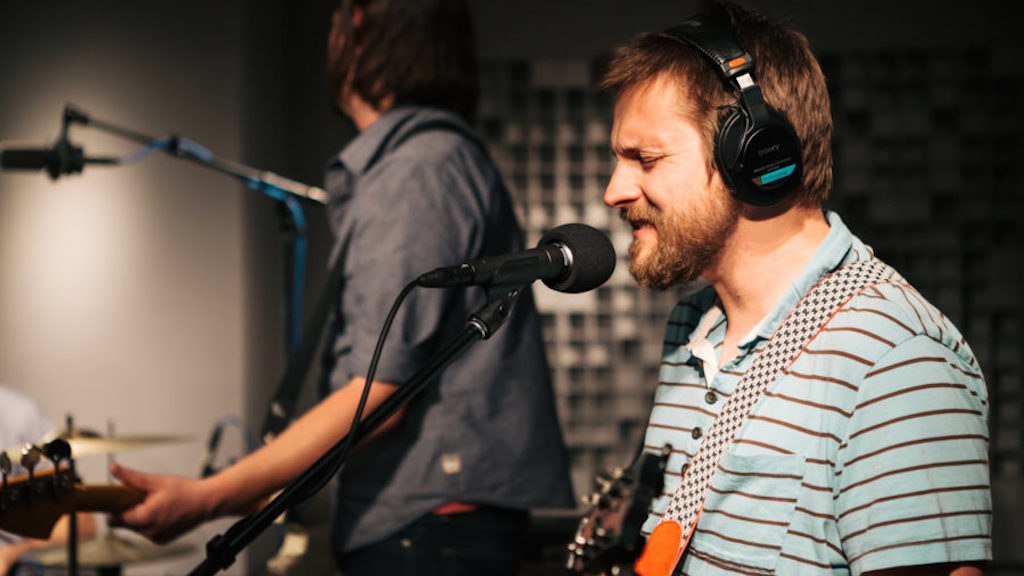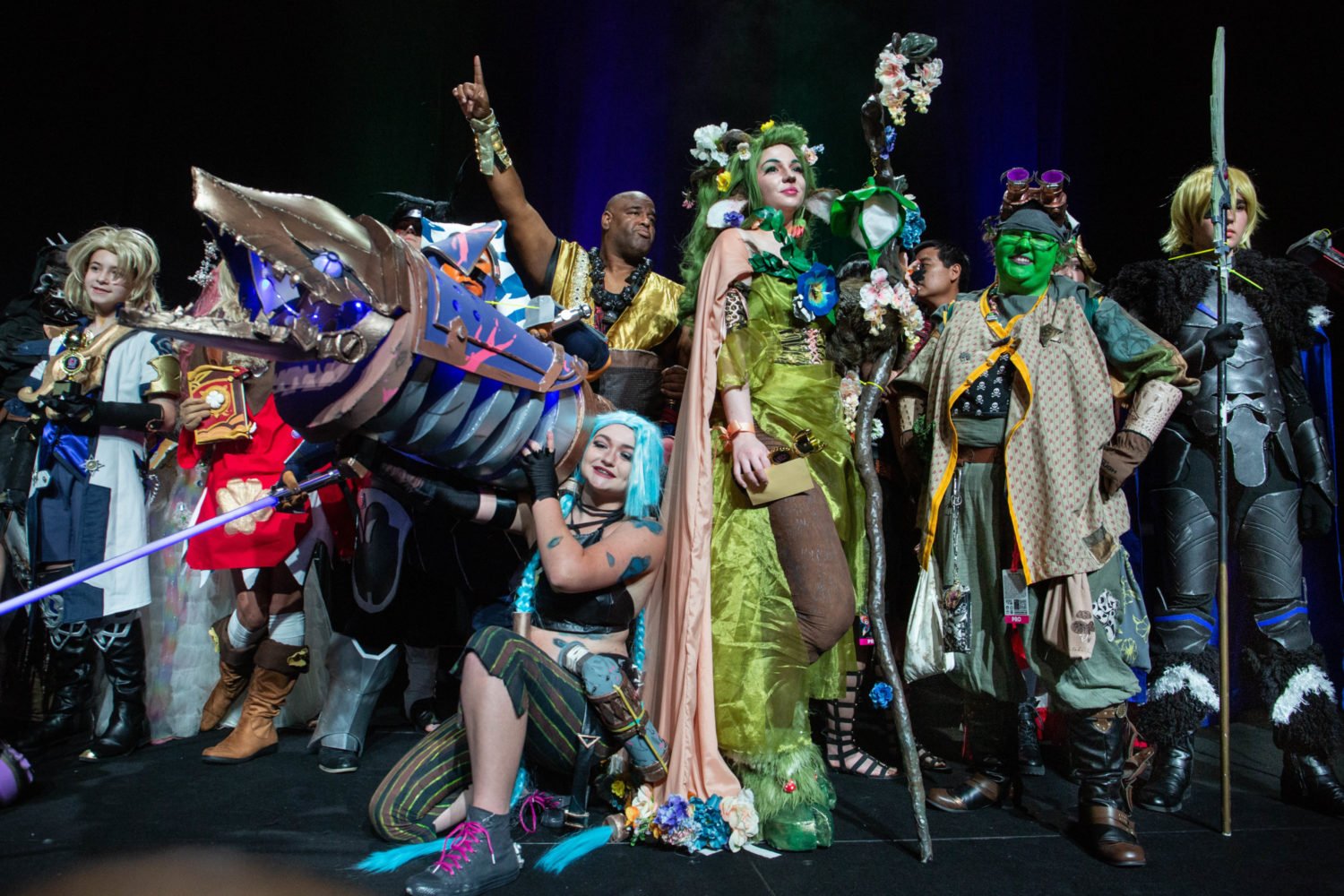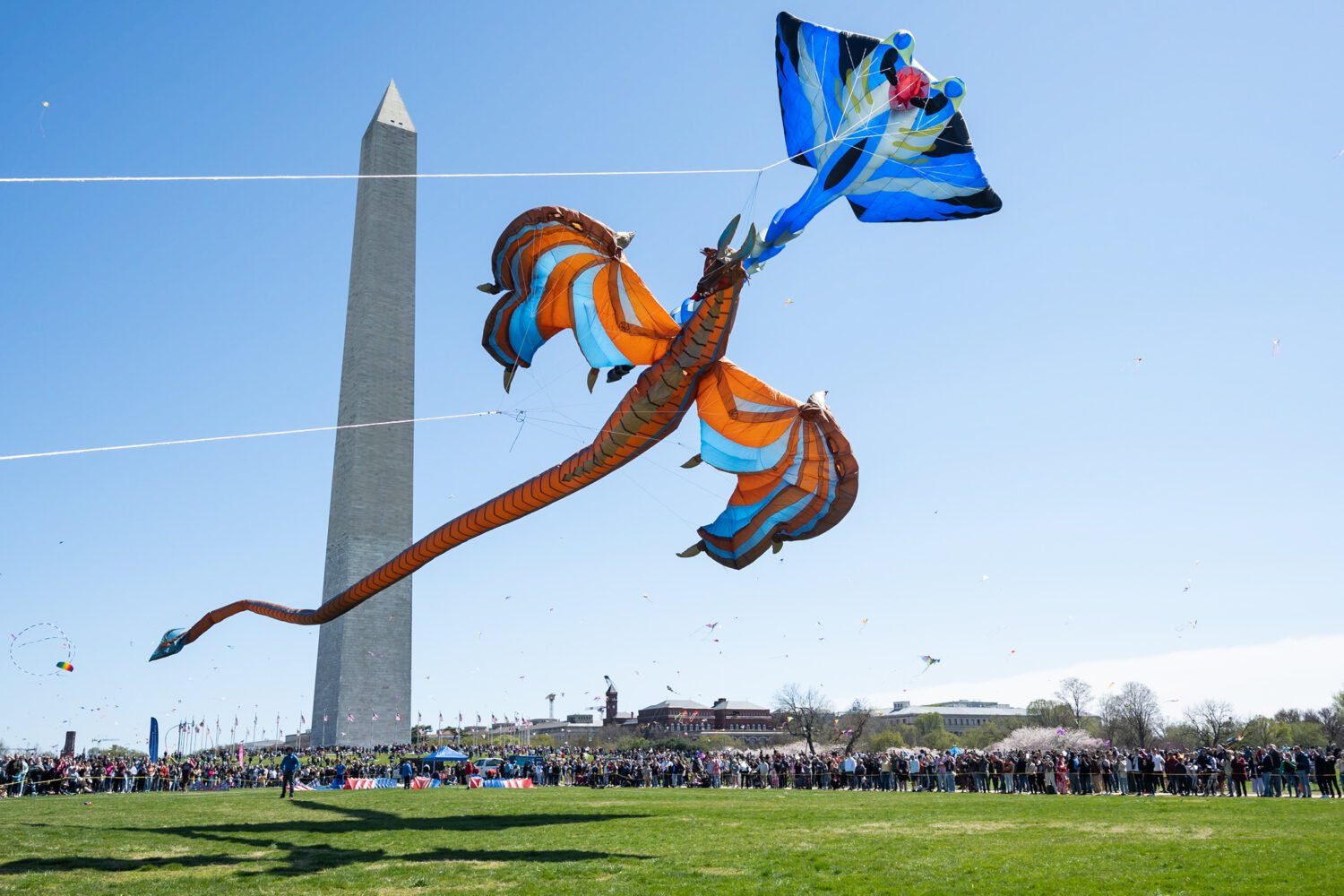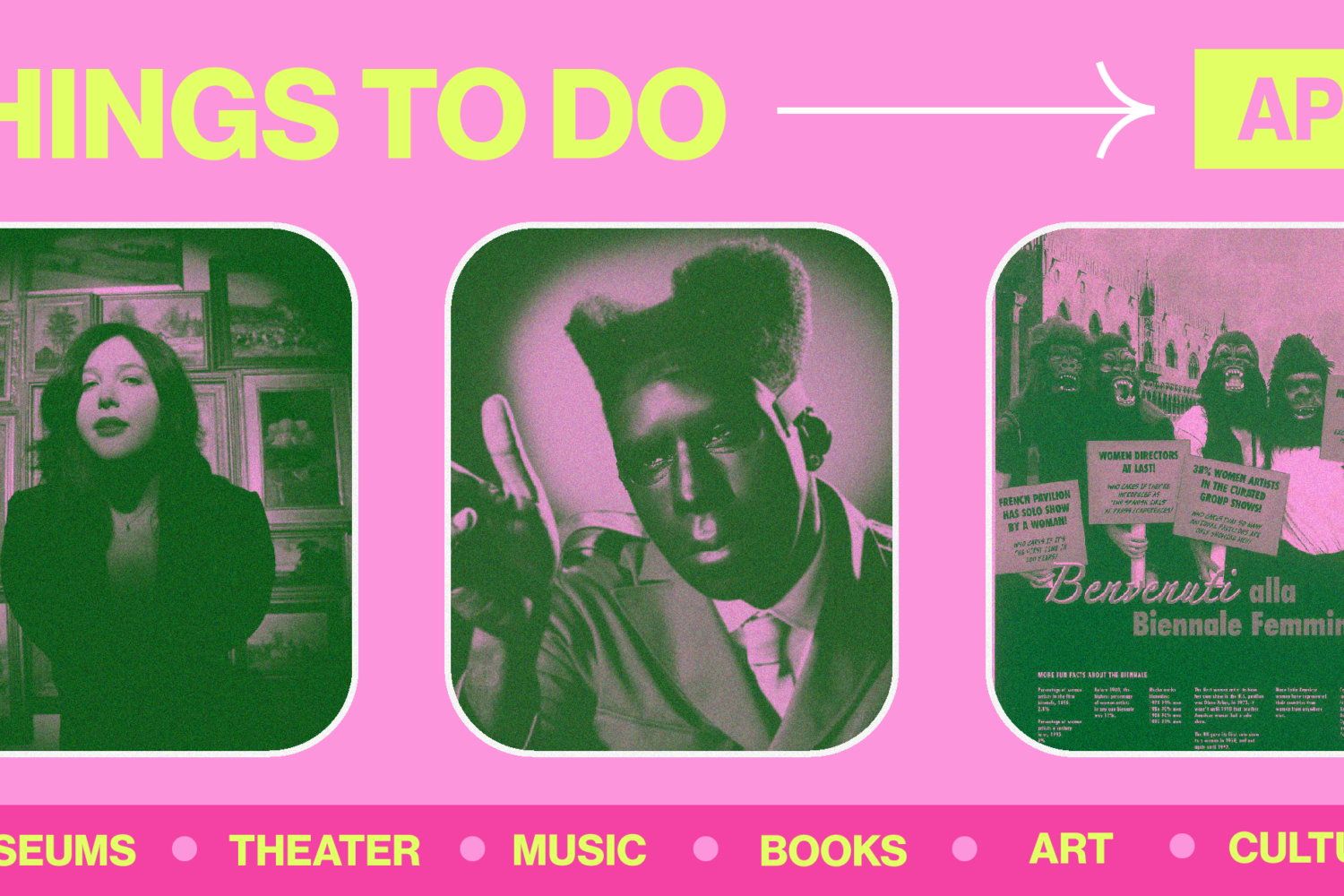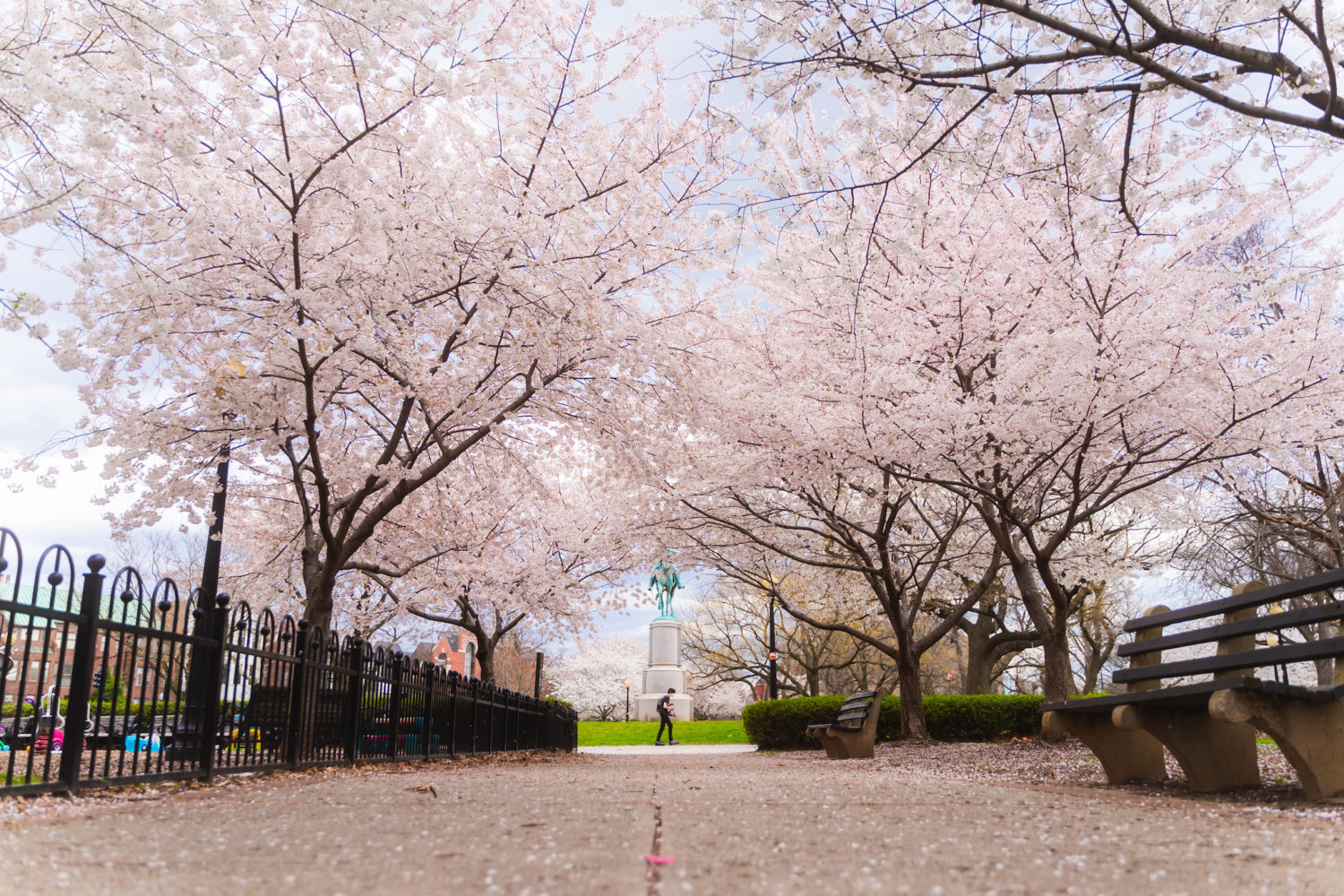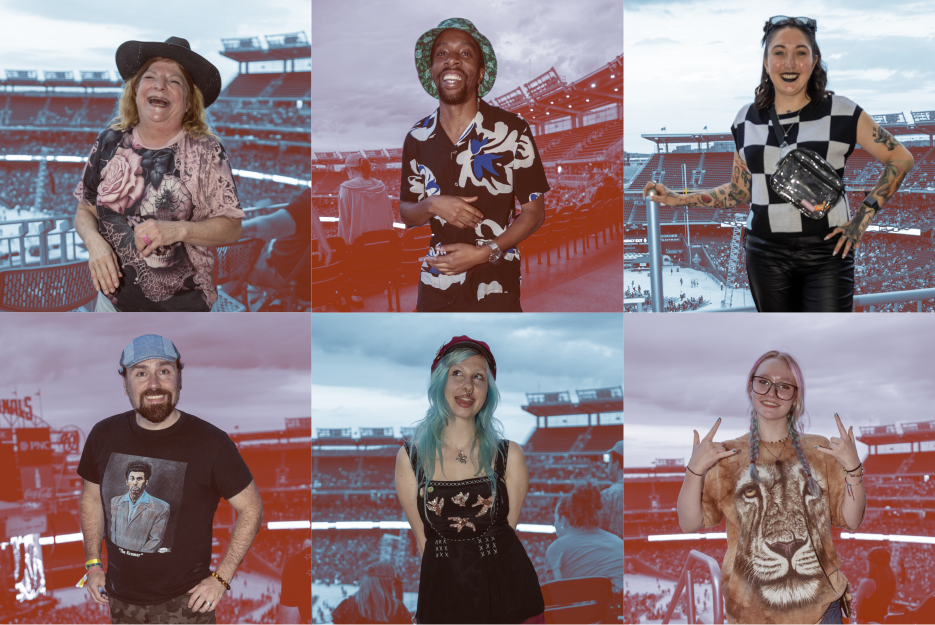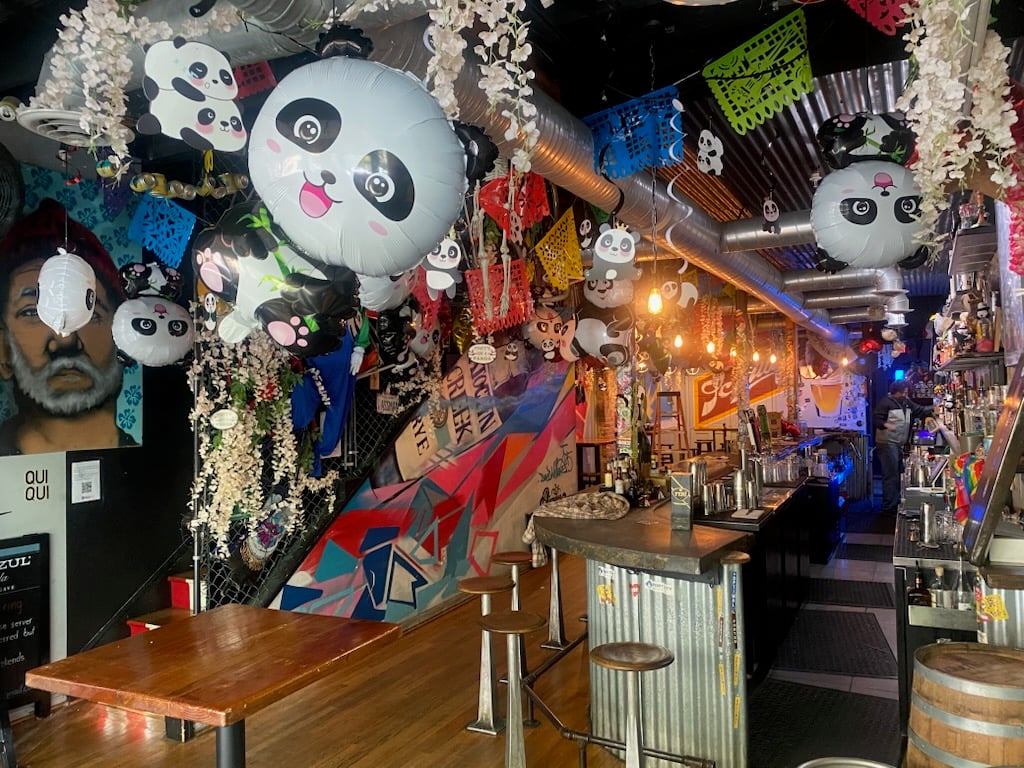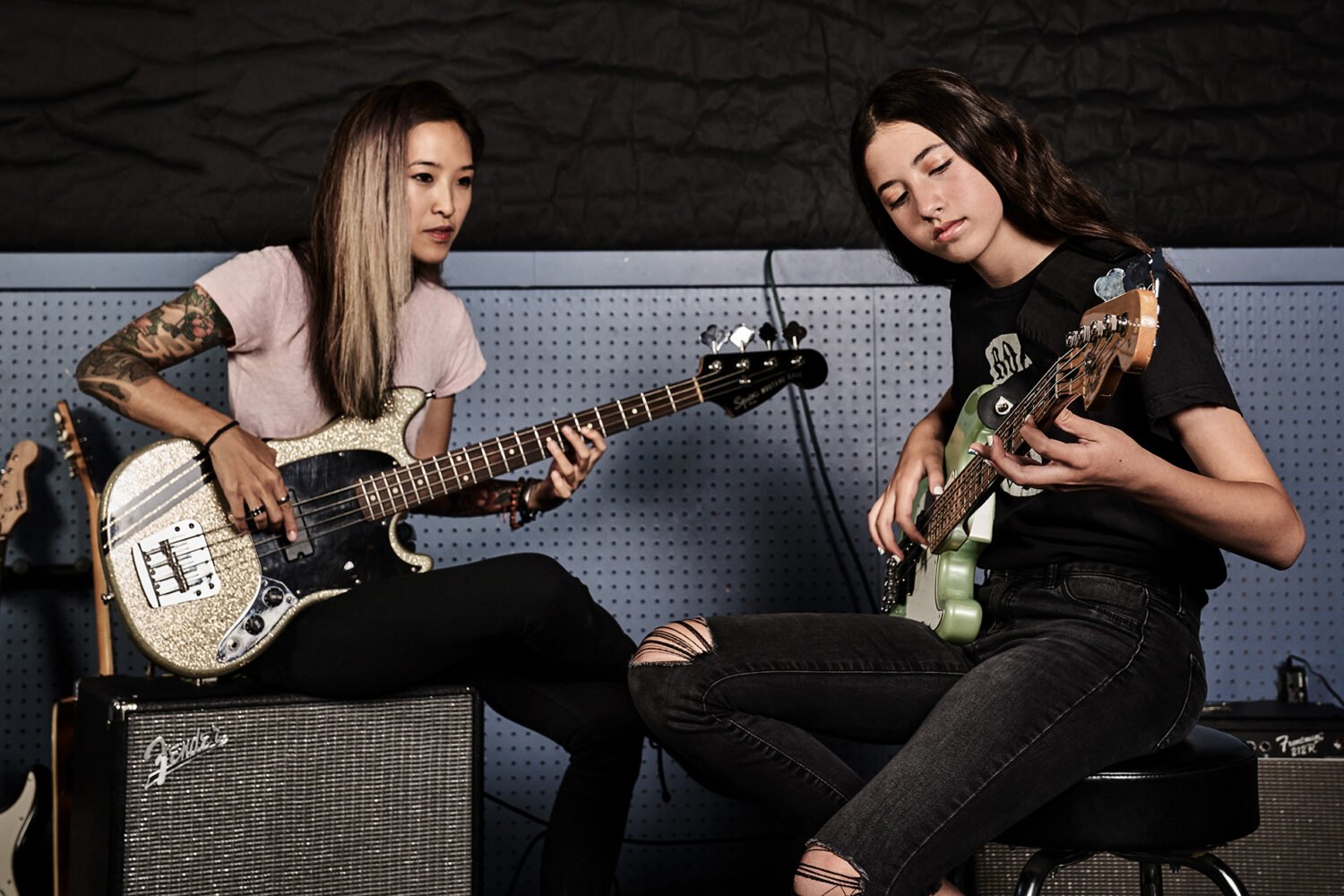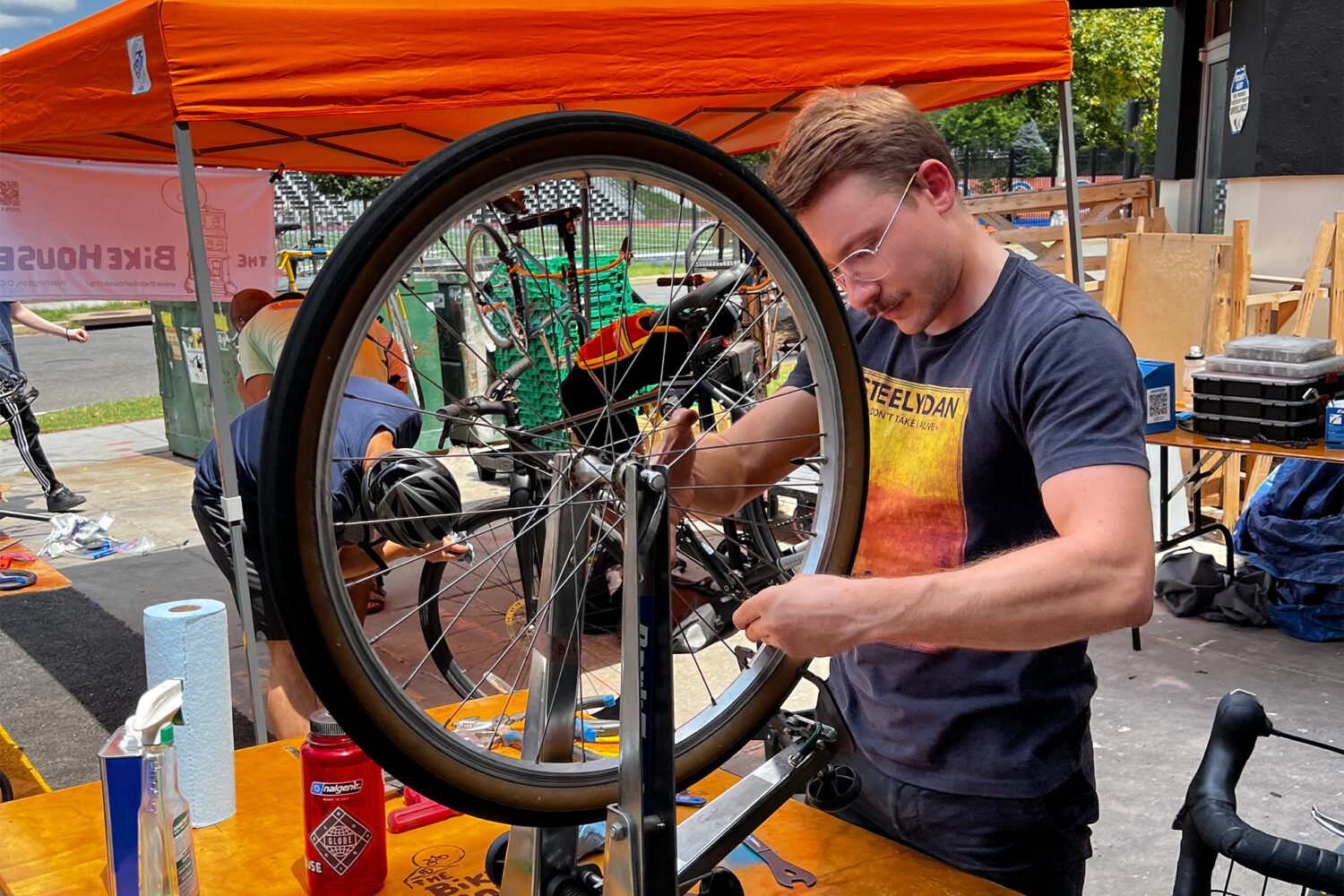Don’t be surprised if you hear Fugazi during the Kojo Nnamdi Show or rapper Oddisee between Morning Edition segments over the next few weeks. WAMU is playing these local artists as well as others for a new summer project called Capital Soundtrack, where the public radio station will dedicate its interlude music to songs by DC-area acts.
WAMU reporter Ally Schweitzer says Capital Soundtrack, which officially began on Tuesday, coincides with the station’s recent newsroom and programming overhauls.
“It felt like, ‘Well, we’re doing all this, our sound should really match that contemporary vibe we want,'” says Schweitzer, who also runs WAMU’s music site Bandwidth. “One way we could be very fresh and Washington is just play all local music during our interludes.”
Previously, WAMU filled these spaces with music NPR makes available. Though Schweitzer says she likes many of those tracks (“I’ve been really impressed with the direction that a lot of interstitial music has been taking”), she also felt the station was squandering a golden chance to promote the city’s artists. “There’s enough local music out there to last a lifetime,” says Schweitzer.
WAMU is currently taking open submissions for Capital Soundtrack—prospective musicians just need to fill out a form that specifies things like the genre and mood of the piece being shared—but the station already has an extensive “song bank” of local artists compiled mostly from the personal libraries of staffers. To prevent bombardment-by-choice, Schweitzer says the plan for the first few weeks of Capital Soundtrack is to give engineers 30 songs from the bank every day to choose from. Then, they’ll begin integrating in some of the submissions, which Schweitzer says more than 100 artists have made so far.
So far, WAMU has featured a smattering of artists, ranging from well-known rock groups (the Evens and Deleted Scenes) to electronic acts (Thievery Corporation and Nightmoves) to reggae bands (Caz and the Day Laborers). The station’s even played cuts from Baltimore artists Dan Deacon and Future Islands.
Schweitzer’s only criteria for Capital Soundtrack is that its songs reflect the diversity and direction of the District’s music scene, something she says isn’t represented enough on public radio.
“Public radio has a deserved reputation for promoting a monoculture,” she says. “NPR’s Bob Boilen, though I love the guy, has been criticized for being way too focused on indie rock and indie folk. In addition to breaking the mold of what people consider to be public radio music, we also want to make this a wholly, 100 percent Washington project that goes against the stereotype of Washington not being a music city.”

